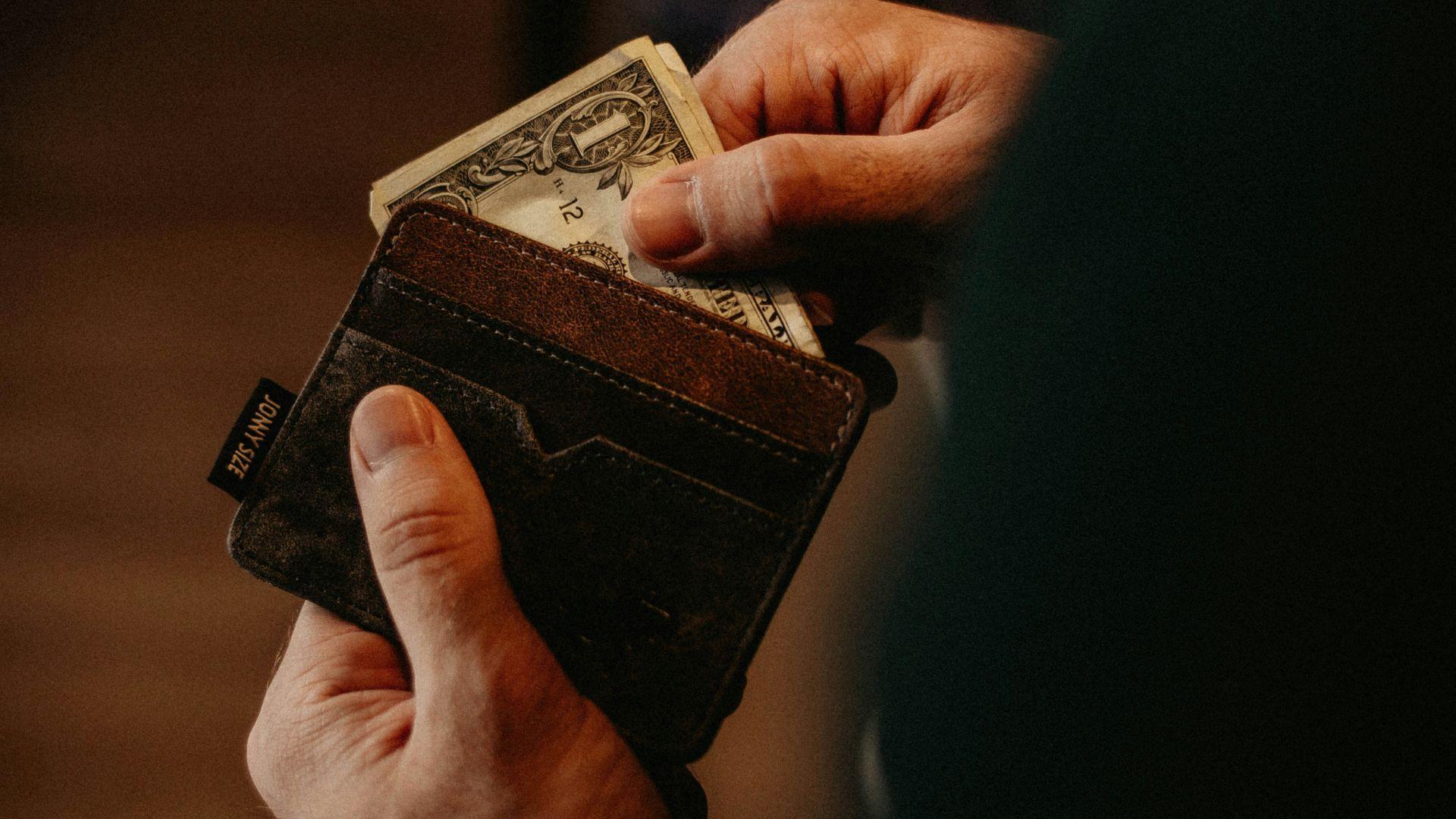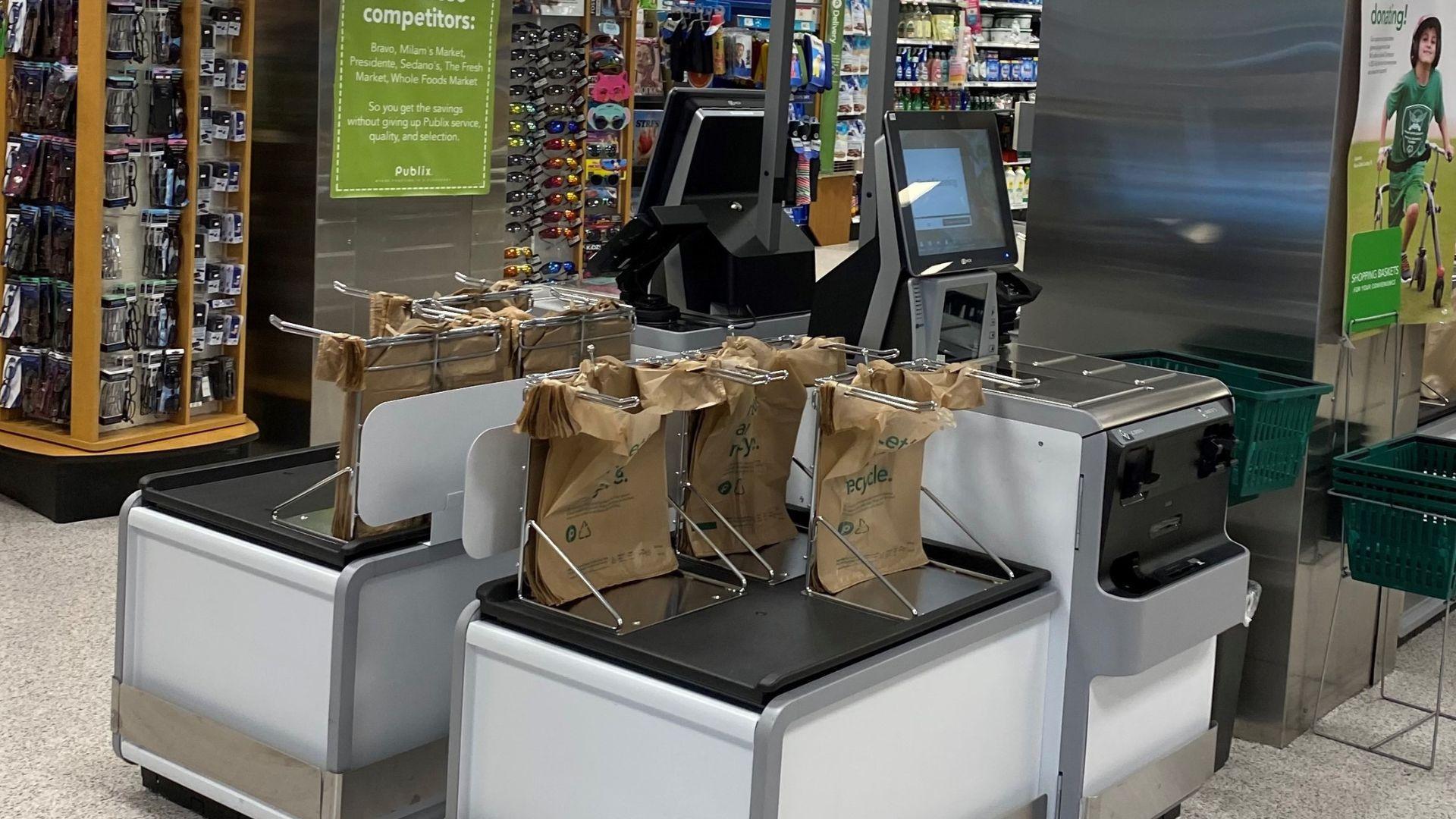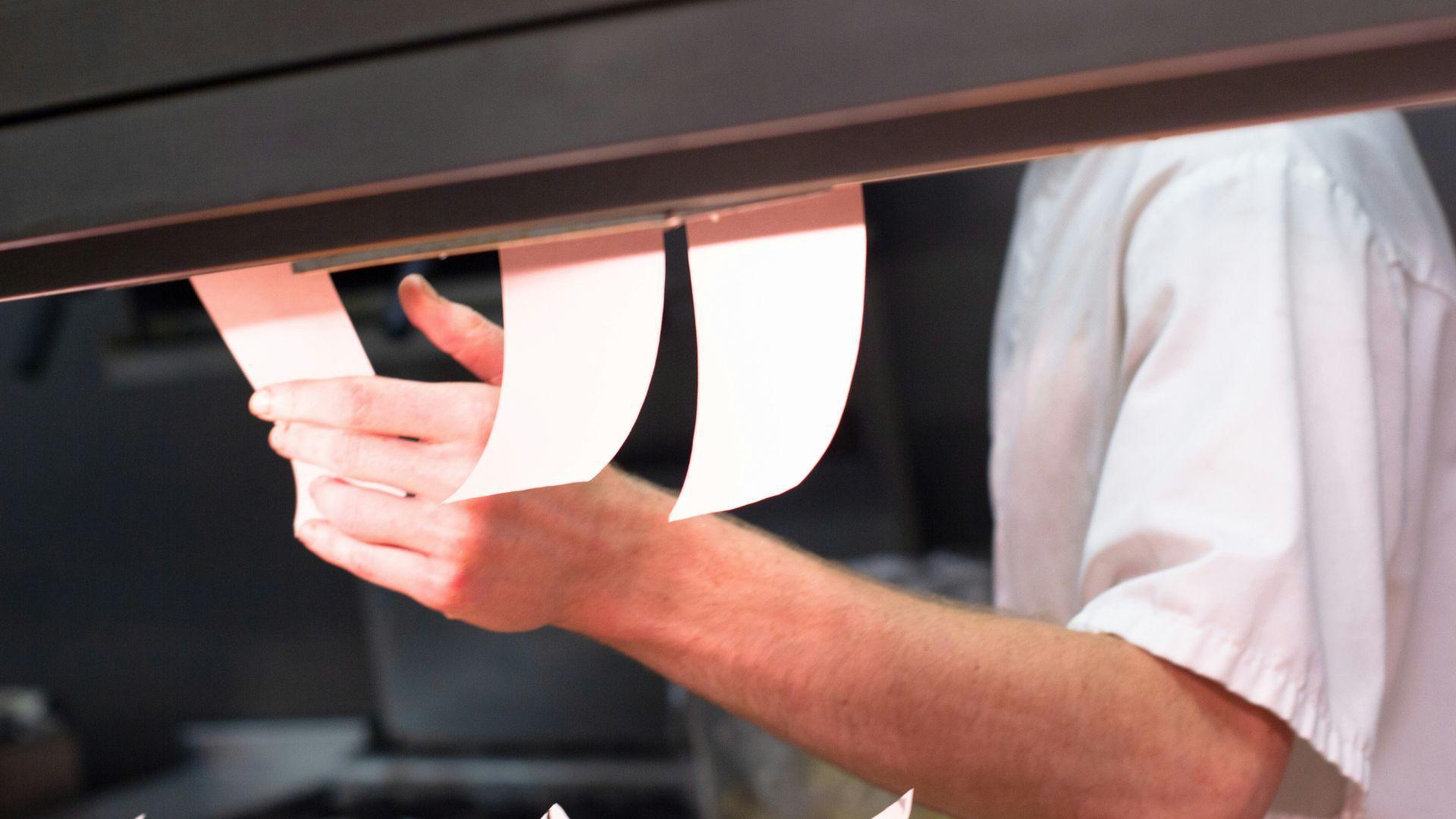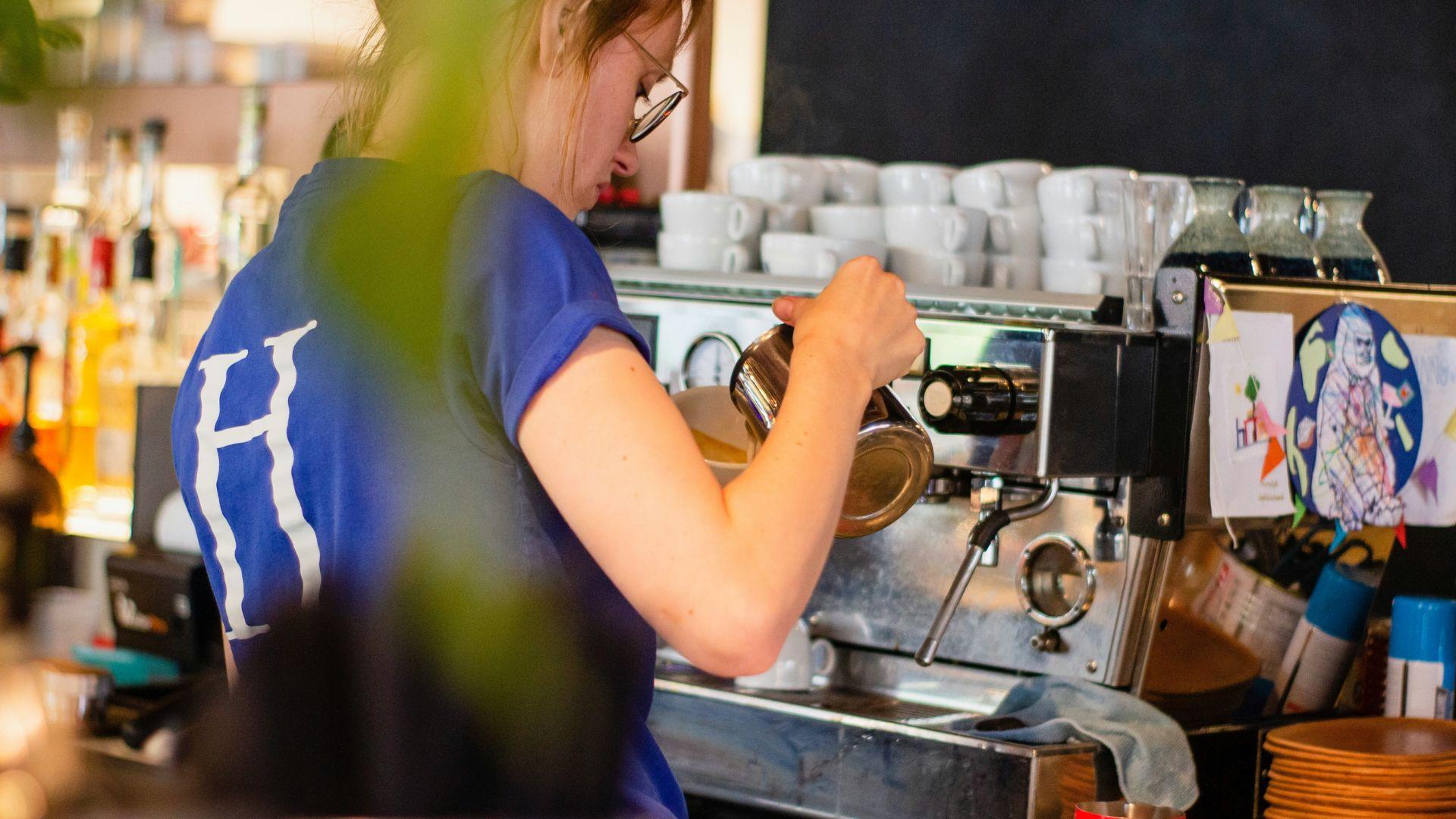The debate over where and when to properly tip has reached a new… tipping point. Now, many industry workers agree with customers — tipping culture has gone out of control.
The controversy over tipping escalated in recent years when customers began to complain they were being asked to tip everywhere, including at self-checkout kiosks. According to a new study, many employees agree that something needs to change.
Tipping Has Gone Too Far

A new survey conducted by CouponBirds found that 76.1% of consumers believe tipping has “gone too far.” While many consumers have begun to voice their disagreement with tipping culture, this study now reveals how workers feel.
According to the survey, 51% of service workers also believe tipping culture has gone too far. However, these employees stated what they feel should change.
Service Workers Want a Higher Minimum Wage

In this study, service workers agreed that tipping culture has gotten out of hand. However, the survey also revealed that these service workers — many of whom rely on tips — would rather receive a higher minimum wage.
Therefore, instead of relying on tips from customers, they would instead like to be paid a living wage, even if this means they wouldn’t receive any tips.
A Look Into “Tipflation”

This latest study comes as consumers continue to tackle what is now known as “tipflation.” Tipflation is thought to have begun during the COVID-19 pandemic. In recent years, more consumers have noticed a growing trend of more businesses asking for tips.
Suddenly, businesses that had never asked for tips were starting to. Then, within a few years, it seemed as if every business was asking for a tip.
Tipflation Led to Tip Fatigue

Many of these businesses began to ask for tips because of the cost of living increases. This tipflation, however, quickly led to consumer backlash. Now, many customers are stating they have begun to experience tip fatigue.
Simply put, they are tired of having to tip everywhere they go. This has even led some customers to cease tipping at establishments that normally saw tips, such as restaurants.
Tipping at Self Checkout

Possibly the most frustrating issue for consumers has been the growing trend of self-checkout kiosks asking for a tip. Many customers don’t believe they should tip when an employee isn’t there providing service.
Businesses have claimed asking for tips at self-checkout allows extra money to go to employees. However, some analysts state this isn’t the case, as there’s no law that says tipping at machines leads to a worker’s pocket.
Service Workers and Tipflation

CoupondBirds’ new study surveys how service workers feel about tipflation. As cost of living expenses have risen just in the last few years alone, many workers now rely on tips to get by.
Six in ten workers admitted they rely on tips for more than 30% of their income. This study also revealed the average service worker makes almost half of their income in tip earnings.
A Change in Tipping

According to CouponBirds, many service workers have also noticed a great change in tipping, culture thanks to recent developments like tipflation. About 73.7% of workers have noticed consumers are tipping less than they used to.
Many studies have claimed that tipflation has led to consumers tipping less — or not at all. This latest survey backs up these other studies.
Wage Theft Worries

Many service workers also revealed they have great wage theft worries at their place of employment. When surveyed, 87.8% of workers said they underreport the amount of tips they receive while working.
Though various reasons may result in employees underreporting tips, many workers surveyed said they believed their management skimmed from tips. About 57.4% of workers think this.
An Increase in Minimum Wage

While many service workers polled admitted tipping culture has gone out of control, even more stated they support a raise in minimum wage. According to the study, 99.9% of all service workers polled support such an increase.
In comparison, 84.1% of the regular American population supports raising the minimum wage. Many studies have found small business owners also support a minimum wage increase.
Mandatory Service Charges

This study also took a look at the idea of mandatory service charges. These types of charges are mandatory for consumers to pay. For example, instead of making a tip an option, they make it mandatory upon checkout. However, this doesn’t necessarily mean an employee’s tips will be increased — as the charge could go to any area of the workplace.
Of those polled, about 47.8% of service workers wanted to see these charges become mandatory. On average, only 38.9% of the general population would like to see this happen.
Who’s Seeing Less Tips?

Of all service workers polled, certain industries saw fewer tips coming in, thanks to tipflation and tip fatigue. Taxi and transport services have been the most affected in recent years, as 87.8% of these workers have seen fewer tips.
Because this trend doesn’t seem to be going away any time soon, other industries may face the realization that they’ll also see fewer tips in the near future.
